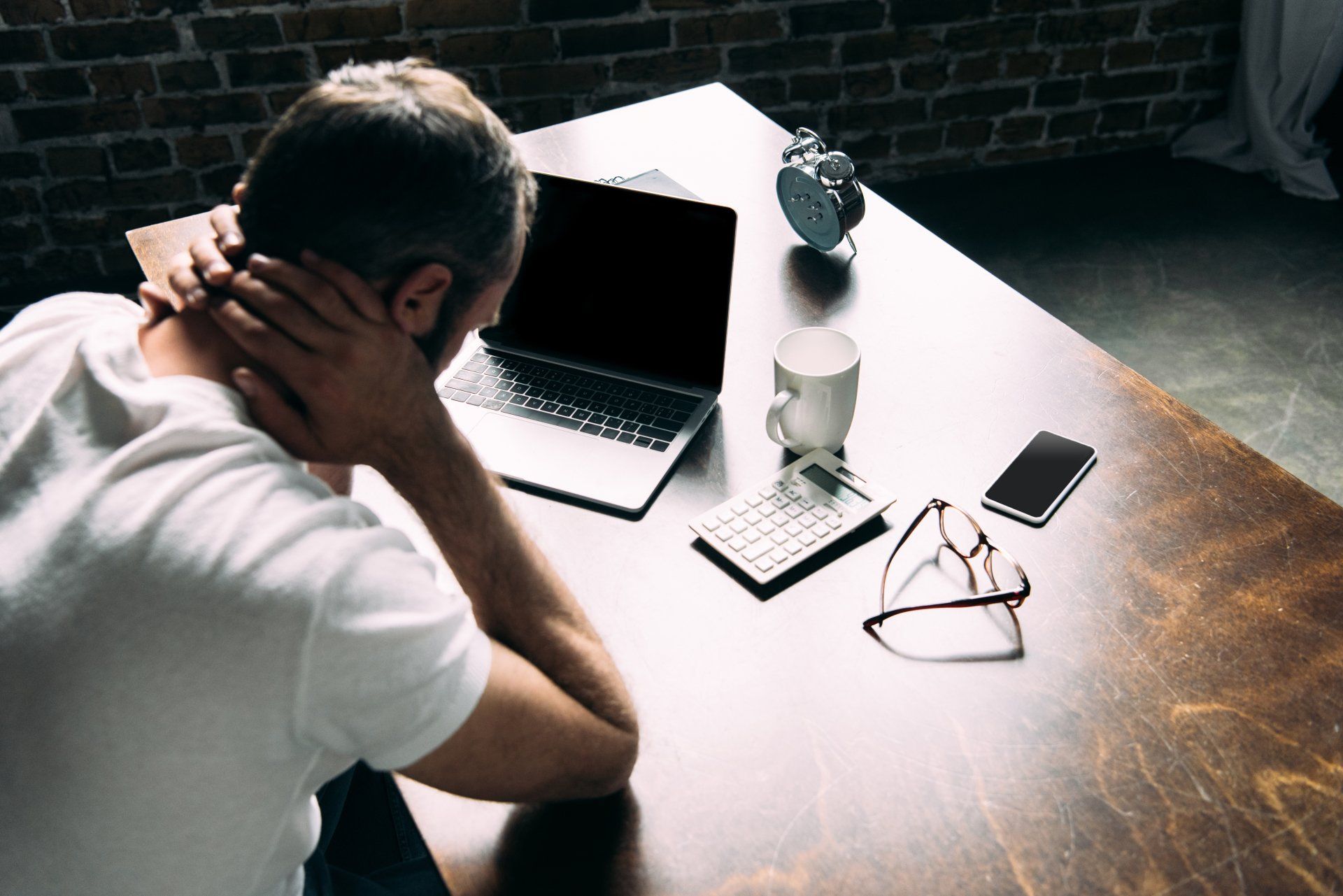Menopause: Some Top Tips
Hot flushes, poor sleep, weight gain, brain fog, unhappy bladders and dry vaginas. Why wouldn’t you be happy?

What could possibly go wrong with your life if all or any of these things are happening, all without you having changed a single thing in your life. Any one of these would be a problem and if it were the symptom of a disease, would be taken very seriously.
But with menopause, because it’s inevitable, because it’s ‘natural’ and because we all experience it differently, many of us (including hard pressed doctors with 10 minutes to spare) think it’s something that we just have to get on with and battle through with some antidepressants.
But if you’re fed up and want some help, then here it is.
Firstly, these are some of the possible symptoms of low oestrogen – really everything you ever cared about:
- Dry skin
- Bladder irritation
- Changes in the gut leading to bloating/poor digestion and nutrition
- Bone loss – osteopenia/osteoporosis
- Pelvic floor dysfunction leading to urinary incontinence
- Vaginal itching
- Painful sex
- Loss of libido (not necessarily because of the low oestrogen but because
your vagina is itchy/sore and you haven’t slept for 6 months which has given
you lots of time to realise you never liked it anyway) - Vaginal atrophy (thinning of vaginal walls)
- Increase in vaginal infections because of loss of protective fluid
- Lost hair from pubic area, found on face
- Muscle wasting
- Increased weight around the waste
- Hot flushes
- Poor sleep
- Poor short term memory
- Inability to problem solve
- Increased anxiety
- Low mood
- Shame
- A lot of time spent making or receiving jokes about perspiration
- Hating yourself and/or everybody else close to you.
What is causing these unpleasant symptoms?
Oestrogen receptors exist throughout the body and it is a vital hormone for the healthy function of our brains, bones, soft tissue, blood vessels, heart, sexual organs and bladder. So when levels drop every area is affected.
What makes your symptoms worse?
- Chronic stress
- Coffee
- Alcohol
- Sugar
- Smoking
- Yes, them.
What are the top tips for both feeling better and more like you again?
Brain Fog
This will pass. It is temporary while your body adjusts to the new regime. There’s nothing wrong with you, your brain will be back. Be patient with yourself and accept this temporary disruption to normal service. The more you accept and manage stress, whether internal or external (see strategies below), the better everything will be.
Hot flushes
The drop in oestrogen affects an area of the brain called the hypothalamus which regulates your body temperature. With less oestrogen it can become more sensitive and less able to judge whether you need cooling down or not. This means that you are often woken at night, and both work and pleasure can all be affected – it’s disruptive. Firstly take time to notice what your triggers are – sometimes you may find you’re drenched for no reason but often there will be clear disrupters whether it’s stress, environment or food and drink.
Fatigue
High blood sugar will mean that at some point during the night insulin will kick in with a vengeance, blood sugar will drop and cortisol will rise (then you wake up at 3am and start worrying about something you can’t fix). So try and maintain a healthy diet and avoid processed and high sugar foods. And if you do wake up at night fretting, don't try and solve the problem - leave it until the morning.
Painful Sex
If the walls of the vagina have lost elasticity, become thinner and you are no longer producing lubrication then sex may well be about as much fun as scraping your knee on gravel and then doing it again. However, if you want to continue having sex then there are lots of great vaginal moisturisers that last for days, vibrators, medical devices and pelvic floor exercises to help keep your muscles fit and flexible and your soft tissue healthy. There are also safe and easy to use, local oestrogen pessaries that can safely maintain your vagina.
Incontinence
The bladder is made from the same tissue as the vagina and is oestrogen dependent. This can cause irritation, sensitivity and weakness. If your GP isn’t able to help then think about asking for a referral to a doctor who specialises in the menopause or a Pelvic Health Physiotherapist – their entire professional life is spent working out how to treat incontinence and improve sex.
Unwelcome weight gain around the middle
It’s annoying. Before menopause there are three types of oestrogen but after the menopause only oestrone, which is synthesised in the adrenals and fat cells, is dominant.
If we don’t exercise enough and continue to eat as we did before, the combination of sedentary lifestyle, muscle wasting (a natural part of ageing) and need for oestrogen will lead to an increase in fat storage. Add to that the many and various stresses of mid life producing more cortisol (which encourages us to lay down protective fat) and possibly thyroid disruption which can hit around this age, affecting metabolism - and you have the perfect storm.
What to do? Eat well to keep your blood sugar balanced, and increase exercise to include at least two days of
weight training instead of cardio. Above all, start
meditating or find other ways to relax and calm your system.
Bone Health
Some people are genetically more likely to suffer from osteoporosis (bone thinning) because of poor absorption of calcium and Vitamin D leading to bone loss. Ensure you have a diet rich in calcium, Vitamin D and Magnesium, Vitamin C (for the collagen in our bones and skin), boron, Vitamin K2 and lots of protein. And jump or lift weights – bones need to feel force - make sure you ask your GP for a DEXA scan to check for bone density, especially if there is a history of osteoporosis in your family..
Anxiety
The amygdalae (two walnut sized parts of the brain responsible for sensing threat) can become more sensitive, increasing levels of stress hormones. Maintaining a very even blood sugar level (with balanced nutrition and little sugar intake), neither too high nor too low, helps to keep cortisol levels in check. High blood sugar makes us lay down fat and low blood sugar increases cortisol, leaving us tired and fed up.
To replace those hormones or not?
As mentioned earlier on, many women feel that they ought to power through and accept whatever their symptoms are, because menopause is normal and their mothers/grandmothers just got on with it. They just have a feeling that they should. Or they don’t like taking medication. Or they’ve heard that HRT can cause breast cancer. It’s always a personal choice but one worth researching. Also talk to an expert.
Hormone Replacement Therapy (HRT) protects your brain, bones, heart, arteries, digestion, skin, vagina and bladder. Breast cancer is incredibly common and current research on modern HRT has shown that oestrogen is actually likely to be protective against breast cancer. Excess weight and alcohol put you at far greater risk whether you take HRT or not.
So the message here is to take the menopause seriously - it’s permanent. Find out everything you need to know about what’s happening to you
and always check that the doctors or other medical professionals you talk to are experts in this field. Your experience will be somewhat the same but also completely different to anyone else. This is
your mid life,
your
new start,
your experience. You are not only dealing with an internal physical experience but a mental and emotional one. As well as all the changes that are almost certainly happening to those around you, related to children, work, friends and partners. Take your menopause seriously and you will avoid the long term damage that comes frrom ignoring symptoms.
If you need help or advice, please contact one of the expert team at
Litagain.
More detailed information on HRT:
Lists of GPs specialising in menopause
CBT for menopause induced anxiety


